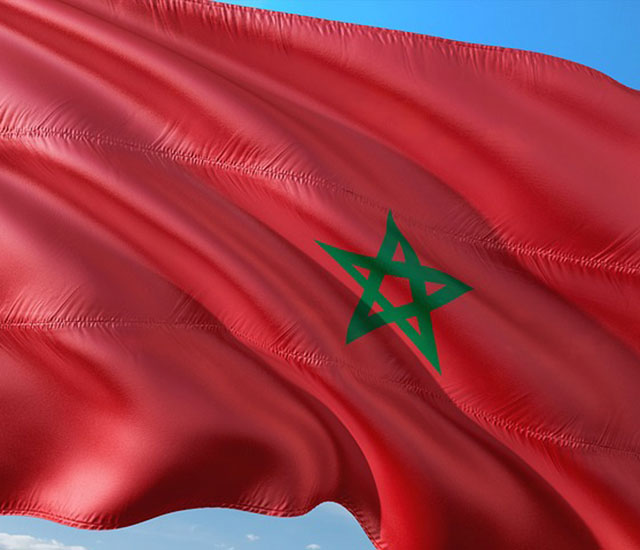Rabat – More than 2,400 people are facing prosecution in Morocco over recent GenZ 212 protests demanding better public education and health care, the public prosecutor’s office said Tuesday.
Over 1,400 were already in detention, Hassan Farhan, a judge and senior judicial official at the public prosecutor’s office, said in a press conference.
Of the 2,480 defendants, about a fifth were charged with “rebellion as part of a group” and over a third with either “assaulting law enforcement officers” or “incitement to commit crimes and participation in armed gatherings”, Farhan said.
Moroccan courts had as of Monday convicted 411 people, including 76 minors, the prosecutor’s office added.
More than 60 people were sentenced to jail terms of up to 15 years, mainly for vandalism, looting, or arson, while some of the remainder received suspended sentences, prosecutors said.
Starting late last month, the online GenZ 212 collective organised a series of demonstrations seeking reforms in the health and education sectors, as well as “an end to corruption”.
🚨 This is Morocco 🇲🇦, a dictatorship.#GENZ212
The Moroccan youth is only asking for better education, jobs, better health services, and an end to corruption. pic.twitter.com/IGPzMLmJvJ— Springfield (@springfield_dz) September 27, 2025
In the initial days of the protests, when the gatherings were banned, police made hundreds of arrests.
Two nights were marked by violence, including in Agadir, where three people were killed in clashes, though organisers insisted on their commitment to nonviolent protest.
Last week, the Moroccan Association for Human Rights (AMDH) called for “fair trials” for all defendants and denounced what it described as “police reports written under duress”.
Farhan said that “all conditions for fair trials” had been guaranteed, adding that the police records were all drawn up in accordance with the Moroccan law.
For two weeks, the demonstrations were held on a near-daily basis.
But they have gradually waned in both frequency and turnout, particularly after a speech by Morocco’s king calling for social reforms and the announcement of a draft $15 billion budget laying out improvements to health and education.
Social inequality has been a major challenge in Morocco, where deep regional disparities persist alongside a gap between the public and private sectors.
Follow African Insider on Facebook, X and Instagram
Picture: Pixabay
For more African news, visit Africaninsider.com
Source: AFP


